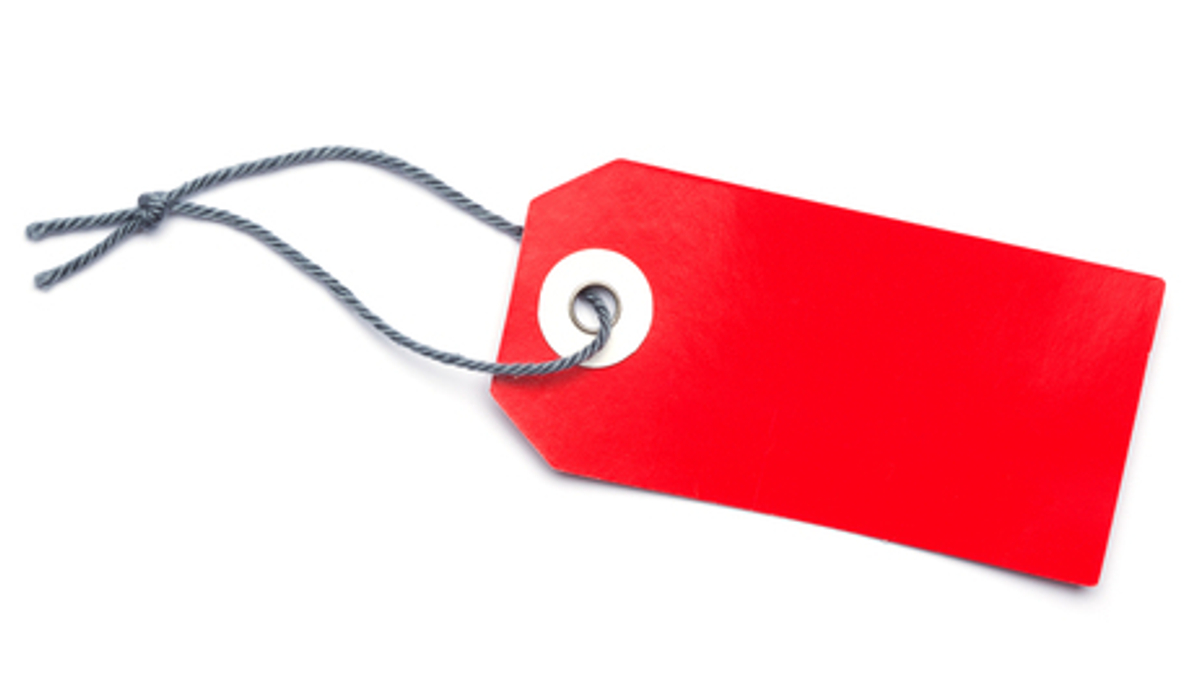Counting the cost of a Prudential Asia sale
Speculation is rife that Chinese insurer Ping An is eyeing the Asian division of British peer Prudential, but other outcomes are being mooted. What would this mean for each firm?

News that China’s Ping An Group is mulling a bid for Prudential's operations in Asia has had tongues wagging over the past few days.
Sign in to read on!
Registered users get 2 free articles in 30 days.
Subscribers have full unlimited access to AsianInvestor
Not signed up? New users get 2 free articles per month, plus a 7-day unlimited free trial.
¬ Haymarket Media Limited. All rights reserved.


